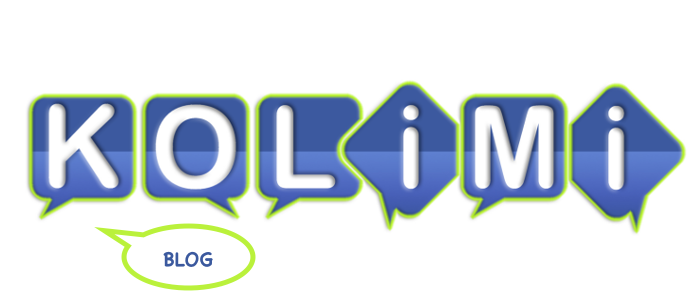Performativity and the Power of Language
Performativity and the Power of Language
More than being just a means of communication, language is part of the very fabric of our societies. Its performative powers are what allows us to share meanings and rituals, but also to position ourselves in a unique way in the world.
In a Christian marriage, in order to be pronounced spouses, both partners have to answer “I do” to a series of questions (“Do you take…”). In those particular circumstances, “I do” is not just like any other everyday sentence. It has a special power: when pronounced loudly, it has the effect of making two people a married couple. That means that you are married because you say you will take the other person as spouse: in other words, you are married at the very moment that you say you are.
This apparently banal observation is more important than you might think. It has to do with the role of language in maintaining a certain organization of society. As anthropology has been struggling to understand for decades, we are social animals: we hardly live according to a given “nature” – although we’d often like to think so. We have rituals, collective habits – like marriage. While we think we use language to describe the world, we also use it in another way: to build the world in the very act of describing it.
What you have just read is a very influential linguistic theory that John Austin formulated in 1962, in his seminal How to Do Things With Words. In this text, Austin formulates the difference between two functions of language: the constative, or descriptive, and the performative. The constative is intuitive. If you say “I just took a shower” and you have taken a shower, you are describing an existing fact.
Performativity is what we have talked about above. It’s when your speech act, your words or sentences have a meaning that goes beyond description. They have a simultaneous effect on reality, and they shift the significance of facts for you and those around you. One minute you are not a married person, and the minute after your vows, you are. The same goes for a number of things, for example promises. When you tell someone “I promise you that I will never…” you are creating the promise, that connection of personal duty to someone, by the very fact of mentioning it.
The Power of Language
The concept of performativity has been very influential in some intellectual fields, including anthropology and political science. In political science, social scientists (notably Judith Butler) used it particularly to describe gender; as a social category that is constructed by discourses when they are repeated in time – for instance, a parent saying “it’s a girl!” when a child is born.
More generally, this concept reminds us of the close proximity between language and cultural context. In the marriage ceremony, everybody in the room knows exactly the ritual significance of the words that people are pronouncing. Thousands of couples have said that before. History is silently present in the room, as an echo that precedes and follows every word. In saying “I do”, spouses are citing that history, repeating not only words, but also all the cultural and social beliefs behind them.
Ultimately, each one of us can choose how to use our words. The concept of performativity is one of repetition and creation at the same time. You can play with words, and create new effects on the world with their performative effect. The magic of language is that it is shared and personal, objective and subjective, at the same time. In that undefinable middle ground, where words express deep emotions as well as established facts, where words are clear but also perplexing, old and new at the very same time, individuals encounter history and decide what position they want to take within it. That big is the power of language.
______________________________
Are You Good at Languages? Join Us!
We are a group of people who believe that language skills should be more valued in the job market. For this reason we created Kolimi, a platform that connects multilingual professionals to the people and business needing them, in any field of work.
Join us to find new opportunities! You can also follow us on Facebook, Twitter, YouTube or LinkedIn to discover new things about languages!
______________________________







